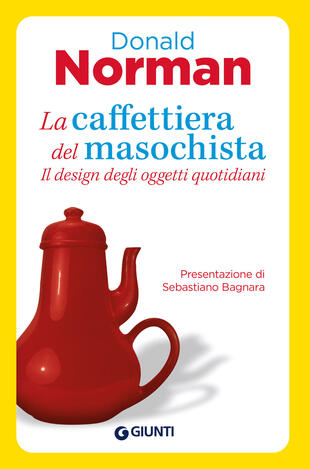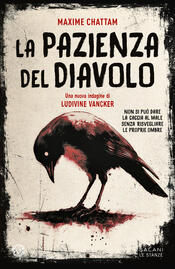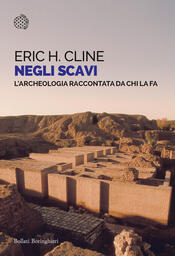

Sinossi
La caffettiera del masochista svela inganni e paradossi della cattiva tecnologia e mostra che cosa va ad innescare la nostra perversa interazione con gli oggetti di uso quotidiano. Con esempi aggiornati tratti dalla vita di tutti i giorni, Donald Norman spiega che usare ascensori, cucine, computer, interruttori, scale, lavandini non è un semplice gesto manuale: nella nostra esperienza di utenti convergono aspetti tecnologici, processi cognitivi, comportamenti relazionali, connotazioni estetiche, sensazioni emotive. Il design a misura d'uomo combina psicologia e tecnologia per realizzare prodotti nuovi, ma soprattutto facili da usare, comprensibili e, perché no, anche capaci di dare piacere. Perché fare e pensare prodotti e servizi "umani" vuol dire cambiare la nostra idea del mondo.
- ISBN:
- Casa Editrice:
- Pagine: 336
- Data di uscita: 27-11-2019
Recensioni
A praising of human creativity and problem-solving skills, shown on so normal and average examples one could never imagine that their history is so suspenseful. Gosh, I didn´t know that there was such a huge bunch of other disciplines involved in the creation of everyday objects and how much scientif Leggi tutto
After reading this you will never look at any man-made object the same. You will question everything from doors to tea kettles to the most sophisticated computer program. The next time you fumble with an answering machine, web page, or light switch you will think back to the lessons from this book.
For a book that a lot of people rave about as being a 'bible of usability', I have to say it was one of the worst written and designed books I have ever been unfortunate enough to read.
Too general to be valuable. Too many sentences like this: "Each discipline has a different perspective of the relative importance of the many factors that make up a product."
This took me FOREVER to read - but it isn't the book's fault. It was me just picking it up at odd moments & it giving me a lot to think about each time. I don't design every day things, so had absolutely no need to read this book, but found it extremely interesting. If you have any part in designin
This was written in a decade before authors learned how to write stimulating non-fiction.
This book has several very important ideas: * Even if you aren't professional designer, you still use design everywhere in your life, including how you design your house, your resume, a report, some code, etc. * Design is all about focusing on people's needs and abilities. You may think you know what Leggi tutto
This book is more for knowledge than for enjoyment. The writing is rather dry and textbook-like with many abstract/theoretical concepts and ideas. I feel like taking a short course in design, which is still quite helpful. Nevertheless, I was expecting more of "smart" designs, more fun and strange an Leggi tutto
Jeff Garzik gave me a copy of this back when he was building the Linux network stack in Home Park; I'd seen it praised by a few other people by that time as well (via the GT newsgroups, most likely). I was underwhelmed -- there were a few good case analyses (the oven UI I recall being particularly e Leggi tutto
Citazioni
Al momento non ci sono citazioni, inserisci tu la prima!























